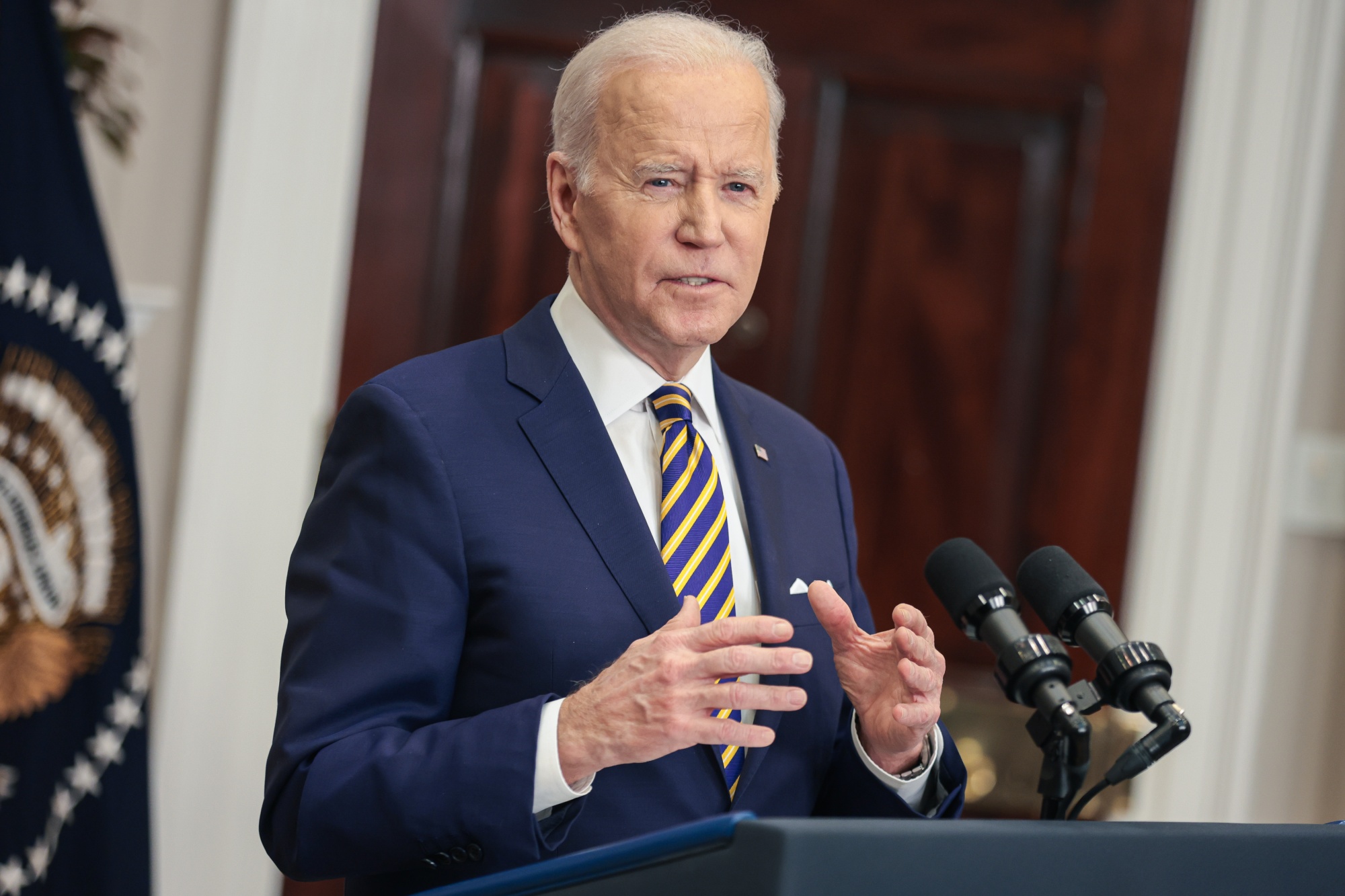Baricitinib’s and Sotrovimab’s effectiveness in saving lives will depend on how readily available and affordable these medications will be. The World Health Organization has recommended two new drugs to treat COVID-19. These drugs will save lives depending on their accessibility and affordability. For patients suffering from severe or critical COVID-19, the first drug, Baricitinib is highly recommended. It is part of a drug class called Janus kinase(JAK) inhibitors, which suppress the immune system’s overstimulation. A WHO statement released recently recommends that it be administered with corticosteroids.
A monoclonal antibody drug, Sotrovimab has been conditionally recommended by WHO for the treatment of mild to moderate COVID-19 in patients at high risk for hospitalisation. The statement explained that patients older than 60 years old, immunocompromised, with underlying conditions such diabetes, hypertension, or obesity are all eligible.
It was also noted that the experts who developed the guidelines also considered Ruxolitinib (and Tofacitinib) as options for severe and critically ill COVID-19. WHO recommended against their use because of their uncertain effects.
These recommendations, which form the eighth update of WHO’s living guidelines on therapeutics & COVID-19, were based on evidence from seven trials with more than 4,000 patients who had COVID-19. WHO is in negotiations with manufacturers to ensure global supply and equitable and sustainable accessibility to the new-recommended therapeutics. Access to COVID-19 Tools Accelerator Therapeutics pillar engaged with pharmaceutical companies to create comprehensive access plans that are affordable to low- and medium-income countries. This would allow for these treatments to be deployed quickly in all parts of the world, not just those in rich countries. The statement stated that the ACT-A will also be looking to expand licensing options to make the products more accessible.
The World Health Organization (WHO) on Friday recommended the use of two new drugs for the treatment of Covid patients — baricitinib and casirivimab-imdevimab.
Baricitinib, a drug also known as a Janus Kinase (JAK inhibitor) inhibitor, is strongly recommended for patients suffering from severe or critical covid-19. It was developed by the WHO Guideline Development Group, which includes international experts.
The strong recommendation is based upon moderate certainty evidence that it improves survival rates and reduces the need to ventilate, with no increase in adverse side effects.
Experts at WHO note that baricitinib is similar to interleukin-6 inhibitors (IL-6), which are arthritis drugs. They recommend that you choose one of the two available when they are both affordable and readily available. It is not a good idea to take both drugs simultaneously.
Experts recommend against the use of tofacitinib or ruxolitinib as JAK inhibitors for patients with severe or critical Covid-19. This is because there is low certainty evidence that small trials have not shown benefit, and it could lead to serious side effects.
The WHO makes a conditional recommendation that monoclonal antibodies sotrovimab be used in patients with non-severe Covid-19. However, this is only for those who are at greatest risk of being hospitalized. There are no benefits to those who are at lower risk.
A similar recommendation has been made by WHO for another monoclonal antibody drug (casirivimab-imdevimab). Experts also noted that there was insufficient data to recommend monoclonal antibodies treatment over another. They also acknowledged that their effectiveness against new types of omicron are still unknown.
They state that guidelines for monoclonal antibody research will be updated as new data becomes available.
These recommendations are based upon new evidence from seven trials that involved over 4,000 patients suffering from non-severe, severe and critical covid-19 infections.
These guidelines are part of a living guideline that was developed by the World Health Organization and the methodological support from MAGIC Evidence Ecosystem Foundation to give trustworthy guidance on managing covid-19 and aid doctors in making better decisions with patients.
Living guidelines can be useful in fast-moving areas like Covid-19 because they allow researchers the ability to update and revise previously vetted, peer-reviewed evidence summaries when new information becomes available.
The panel considered evidence that assessed relative benefits and harms, values, preferences and feasibility to make its recommendations.
The guidance adds to previous recommendations for the use of interleukin-6 receptor blockers and systemic corticosteroids for patients with severe or critical covid-19; conditional recommendations for the use of casirivimab-imdevimab (another monoclonal antibody treatment) in selected patients; and against the use of convalescent plasma, ivermectin and hydroxychloroquine in patients with covid-19 regardless of disease severity.
ABOUT AUTHOR

Barry is a lover of everything technology and finance (FinTech). Figuring out how the software works and creating content to shed more light on the value it offers users is his favorite pastime. When not evaluating apps or programs, he's busy trying out new healthy recipes, doing yoga, meditating, or taking nature walks with his little one.









